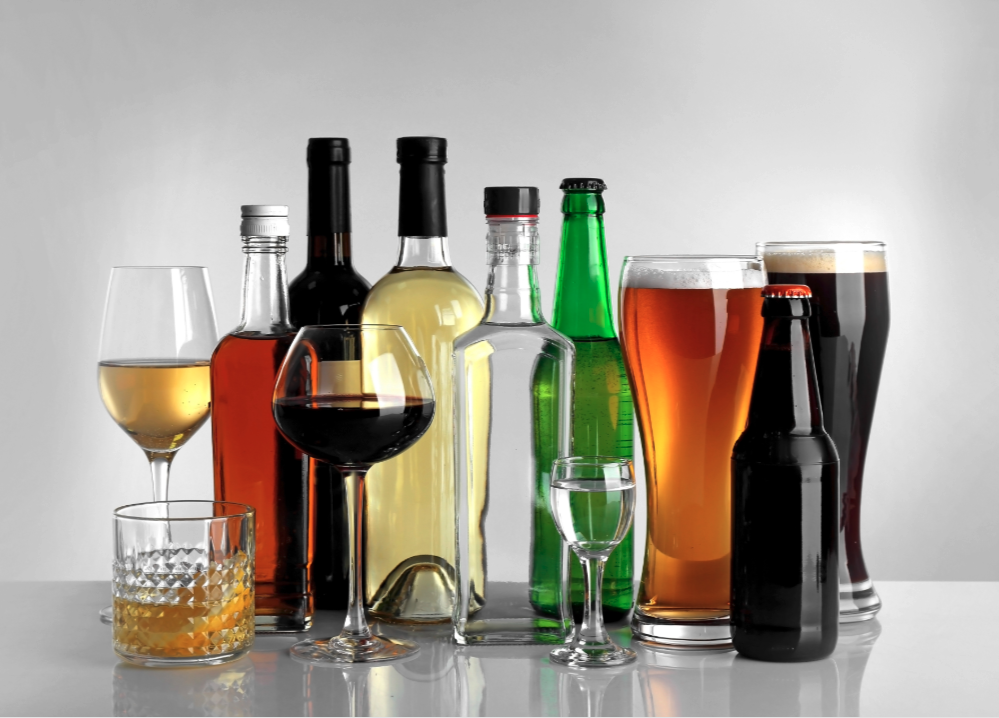When most people think of bars, they picture good vibes, cold drinks, and easy conversation. But for those who work behind the bar, the reality often comes with a hidden cost: substance use. The shift ends, the lights go down, and what was once just part of the job can quickly become something more dangerous.
This isn’t your typical “bartenders drink too much” story. This is a real look at why so many in the hospitality industry turn to alcohol or drugs — and why it’s so hard to stop.
A Culture Built on Pouring and Powering Through
Let’s be real. The culture behind the bar isn’t just about making the perfect Negroni or hustling for tips. It’s about performance. You’re always on, always upbeat, always moving. You’re not just mixing drinks. You’re managing emotions, solving problems, and sometimes, absorbing the chaos of others — all while being judged for your service with every shift.
To cope, many turn to what’s right in front of them: alcohol.
What starts as a post-shift beer to “take the edge off” can become a nightly routine. Throw in late hours, inconsistent sleep, high stress, and a party-like environment, and you’ve got a recipe that makes substance use feel normal. Even expected.
The Unspoken Pressure to Keep Up
In most professions, drinking on the job would get you fired. In bars, it’s not unusual to pour yourself a shot while serving one. You’re surrounded by it. Encouraged to join in. Rewarded for being the fun one, the one who can handle their liquor, the one who “never gets too sloppy.”
But that pressure — to perform, to fit in, to show up hungover and still crush it — creates a dangerous cycle.
Many bartenders and servers have told themselves the same lie: “I can stop whenever I want.” But when your coping mechanism is baked into the culture, stepping away feels impossible.
Behind the Glamour: Mental Health in the Service Industry
Burnout is real in hospitality. So is depression. So is anxiety. But rarely do these issues get the attention they deserve.
Many hospitality workers deal with:
- Chronic sleep deprivation
- Poor nutrition and irregular eating habits
- Financial insecurity from inconsistent tips
- Harassment and aggressive behavior from customers
- Little access to affordable healthcare or mental health services
Substance use becomes a self-medication strategy. And because the job itself often revolves around drinking, it’s harder to recognize when things go from casual to harmful.
Stories Nobody Tells
We’ve heard them all behind the scenes:
- The bartender who started drinking during lunch breaks to calm their nerves
- The line cook who takes a bump in the walk-in just to make it through the dinner rush
- The server who keeps mini bottles in their apron “just in case”
They’re not rare. They’re common. And most of the time, nobody says anything — until someone doesn’t show up for their shift. Until someone OD’s. Until someone just disappears.
That’s when people start whispering. But by then, it’s too late.
Why It’s Hard to Ask for Help
There’s a deeply ingrained toughness in the service industry. Vulnerability can feel like weakness. Admitting you’re struggling doesn’t always feel safe — especially when tips pay your rent and your job depends on being “on” no matter what’s happening inside.
Plus, who has the time? When you’re working doubles, picking up extra shifts, and trying to get enough sleep to do it all again tomorrow, reaching out for help falls to the bottom of the list.
So What Do We Do About It?
It starts with honesty.
- Talking about it without shame — Open conversations break down stigma. The more we normalize talking about mental health and substance use, the more people will feel safe asking for help.
- Changing what’s “normal” behind the bar — What if post-shift culture didn’t always revolve around drinking? What if we celebrated rest as much as resilience?
- Building peer support networks — Those who’ve been there are the ones who can truly relate. Recovery communities specifically for hospitality workers can help shift the tide.
- Creating safer workplaces — Employers need to do more than offer an EAP hotline buried in an employee handbook. They need to create cultures where well-being matters — not just productivity.
A New Kind of Buzz
Sobriety in the service industry isn’t impossible. In fact, it’s happening more than people realize. There are sober bartenders. Sober chefs. Sober baristas. People who’ve made the decision to redefine what it means to thrive in hospitality — without relying on a drink to get them through.
They’re not boring. They’re not broken. They’re bold.
They’re changing what life behind the bar can look like.
Final Pour
The service industry is beautiful and brutal. It attracts creatives, rebels, empaths, and outliers — people who bring a whole lot of heart to their work. But that heart deserves protection. It deserves care. And it deserves space to heal when things get too heavy.
Substance abuse doesn’t have to be part of the job description. We owe it to ourselves — and each other — to say that out loud.
